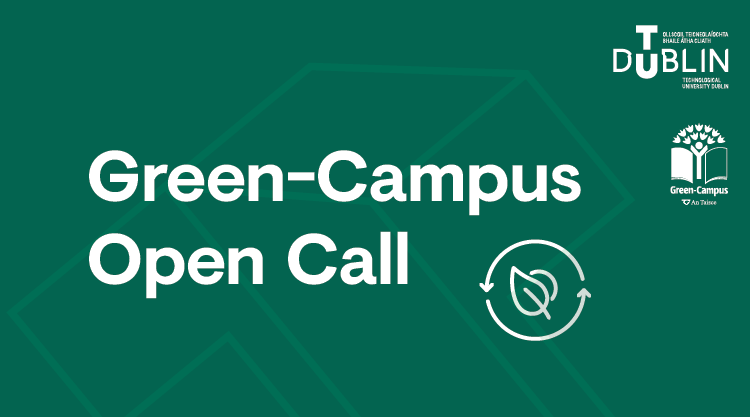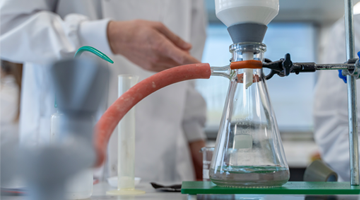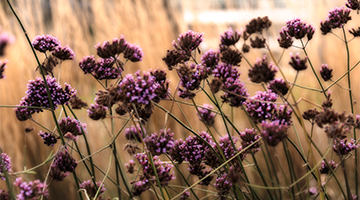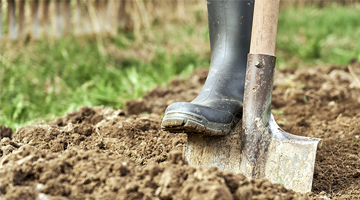Green-Campus
Green-Campus at TU Dublin
In December 2023 TU Dublin became the first multi-campus University in Ireland to be awarded the prestigious Green Flag under a single application for all campus locations by An Taisce’s Green-Campus programme. During the three-year Green-Campus cycle, the Green-Campus Committee, together with the wider Green Team and over 50 external partners, progressed environmental action on campus under the major themes of Litter & Waste, and Energy, and minor themes of Transport & Travel and Biodiversity. As well as fostering a culture for pro-environmental behaviour, the committee were challenged to undertake an environmental review across five diverse locations, with 185 acres of campus grounds and 204,300 m² of accommodation in 47 buildings.
Achieving Green Flag accreditation was a strategic milestone for the University. Now as an official Green-Campus institution, TU Dublin is delighted to join the many campuses nationwide who are already flying the Green Flag.
The Green-Campus Programme encourages a partnership approach to environmental education, management, and action in third-level institutions. The programme primarily aims to ensure that members of a campus community can engage in a meaningful way to enhance sustainability on campus.
Under the Green-Campus 7-Step programme structure, TU Dublin has a mission to:
- establish a Green-Campus Committee incorporating students and staff
- undertake environmental reviews for each theme
- implement action plans
- monitor and evaluate actions
- embed sustainability within the curricula
- inform and involve all within the TU Dublin Community
- develop a Green Charter
TU Dublin plan to renew our Green Flag award at the end of 2026 under the major themes of Transport and Travel, and Biodiversity, and maintaining the previously awarded themes of Litter and Waste and Energy as minor themes.
Sustainable Campus

Green-Campus Open call 2024
In 2024 TU Dublin Sustainability - Decarbonisation, Societal Engagement and Sustainability Education - collaborated to offer micro-grant opportunities with a funding pot of up to €20,000 to support TU Dublin's Strategic Objectives, Climate Action Roadmap and Green-Campus programme.

Green Labs
My Green Lab accreditation is being sought across a variety of TU Dublin lab spaces and 10 certifications have already been awarded. Read more here.

Green Week 2025
Taking place Monday 10 to Friday 14 March, TU Dublin Green Week is an annual celebration of innovation and partnerships for environmental action and sustainability education. Check out the schedule of events here.
Open Call projects

The Re-Fridge Project
The Re-Fridge project aims to tackle food waste and food insecurity on campus through a shared community fridge system. Students facing financial challenges can access surplus food donated by campus canteens, nearby stores, or fellow students.

Healthy Campus - tackling cigarette butt litter on campus
As part of Green Week Healthy Campus volunteers will host activities at each campus to tackle litter generated from cigarette butts and vape cartridges

Encouraging Circular Behaviour on Campus
Business Marketing and Advertising and Marketing Communications students will evaluate the mindsets, behaviour and challenges associated with circular behaviour on the TU Dublin Tallaght campus and ideate around possible ways to enact change to circular behaviour

The Re-Turn Project
The goal is to reduce plastic waste across Bolton Street and Linenhall with a return scheme for plastic bottles. Strategically placed bins, with clear signage will encourage students and staff to recycle. Funds generated from the scheme will go to a local charity or projects

Circular Economies in Design Workshops
Circular Economies in Design Workshops will explore how students perceive the challenge of waste material reuse in design and facilitate the development of a shared understanding of sustainability goals.

Soil Health Living Lab
This project will study the effect of composting and soil fermentation techniques on soil biodiversity and will develop sensors that could be used to visualise soil biodiversity. The project will focus on using food and paper waste generated in the canteen for the experiments.
Litter and waste generated on campus has a negative impact on our local environment. These impacts also effect neighbouring communities as well as contributing to national and global environmental degradation. Waste on campus can take the form of food waste, material waste, chemical waste, and electrical waste. Waste is not only an environmental issue, but also an economic one.
According to a recent EPA report, in 2020, the waste created generated by Ireland’s linear economy (make – take – use – dispose) increased to 16.2 million tonnes (3.25 tonnes per person), up from 12.7 million tonnes (2.77 tonnes per person) in 2012. The same report showed that our recycling rates were considerably below EU waste targets.
It is our ambition at TU Dublin to implement the principles of the circular economy by reducing waste, reusing, and repairing products and materials, and to recycle effectively.
Under the theme Litter and Waste, TU Dublin will:
- build awareness around the environmental impacts of litter and waste
- assess the impact of litter and waste on campus
- implement practical measures for preventing and minimising litter and waste
- promote a circular economy culture
Energy
Large institutions, such as TU Dublin, are energy intensive and run many different operations and functions for thousands of students and staff members. A high level of non-renewable energy production and consumption has a direct negative effect on the environment. The environmental problems directly related to energy production and consumption include the generation of greenhouse gas emissions (GHGs) which contribute towards poor air quality and climate change.
In Ireland in 2021, the EPA reported that the energy sector was the third largest contributor to overall emissions accounting for 16.7% of total GHG emissions. SEAI's Energy in Ireland 2022 report showed that Ireland’s total energy use in 2020 was down almost 9%, and energy related CO2 emissions fell also by 11.4% due largely to the impacts of the COVID-19 pandemic. The overall share of renewable energy however was just over 13%, falling short of the EU renewable energy target of 16%.
TU Dublin has a responsibility to support government policy for reducing energy consumption. Under the theme of Energy, TU Dublin will improve energy efficiency, in tandem with developing an ongoing engagement and awareness campaign to help students and staff to conserve energy on and off campus. Through practical measures, TU Dublin will mitigate the impact of energy related GHG emissions by reducing daily energy use on campus.
Under the theme of Energy, TU Dublin will:
- build awareness around the environmental impact of energy-use and carbon
- ease the pressure on the national electricity grid
- reduce indoor temperatures to 19 degrees as per government policy
- optimise the use of campus buildings
- reduce our reliance on imported fossil fuels
- reduce our overall energy costs by reducing energy consumption
Biodiversity
Biodiversity refers to the variety of living things on earth including animals, plants, fungi, and microorganisms like bacteria. Life on earth is supported by a delicate balance of eco-systems. Disruption to this balance, such as species and habitat loss, has serious negative impacts to biological systems and damage can sometimes be irreversible.
NPWS reported in a 2019 report, that almost half of the EU protected habitats and species in Ireland are in decline. The data revealed that over 60% of Ireland’s common birds are threatened, one third of wild bee species are becoming extinct and the number of rivers with pristine water quality has plummeted from 500 to 20 over the past 40 years. In 2023, Ireland will publish its 4th National Biodiversity Action Plan (NBAP) 2023-2027, and there is much work to be done nationally to halt biodiversity loss.
With 115 acres of land across Dublin city-centre and sub-urban landscapes, TU Dublin has an opportunity to protect biodiversity and enhance the local environment.
Under the theme of Biodiversity, TU Dublin will:
- build awareness around the value of protecting biodiversity and the natural world
- support the All-Ireland Pollinator Plan
- boost the diversity of native plant and animal life through conservation
- develop understanding of environmental and natural resource management
- constantly review land-use and landscaping practices in favour of protecting biodiversity
Transport & Mobility
Pollutants from transport-related emissions have a serious negative effect on human and environmental health. The air pollutant emissions generated from transport are a main contributor to air quality problems both in Ireland and globally. These pollutants can include particulate matter (PM), nitrogen oxides (NOx), unburnt hydrocarbons (HC) and carbon monoxide (CO).
In Ireland in 2021, the EPA reported that between 1990 and 2021, Transport shows the greatest overall increase of GHG emissions at 112.2%. Fuel combustion emissions from Transport accounted for 9.3% and 17.7% of total national GHG emissions in 1990 and 2021, respectively. Under the revised Climate Action Plan Ireland has new ambitious targets to transform how we travel over the coming seven years.
TU Dublin is uniquely positioned to support sustainable travel to each of its campus locations. Our recent TU Dublin Smarter Travel staff and Student Survey 2022 revealed that 83% of survey respondents agreed that they would like to use sustainable transport to reduce their impact on the environment.
Under the theme of Travel, TU Dublin will:
- build awareness around the environmental and health impacts of transport-related emissions
- foster a culture of active and sustainable travel to campus
- work together with the National Transport Authority and local authorities to improve sustainable travel to campus
- provide opportunities for healthier, equitable and more sustainable commutes
- provide infrastructure and facilities to support active travel
| YouTube |
